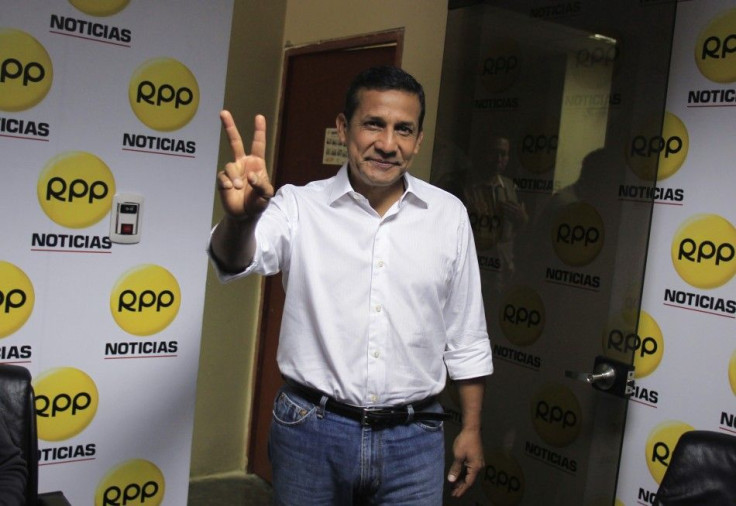Peru and Gold, Copper Miners Mull Two-Tier Royalty Rates

Peru's government and miners are discussing the implementation of at least two different rate scales for a new royalty payment system.
The miners proposed that projects without tax stability agreements pay rates between 2 and 14 percent of their operating profits, one source said. Projects with agreements would pay between 1 and 7 percent.
However, the government has said the rates would need to be higher in order to bring in the amount of money it seeks, either by expanding the tax bands or by adding a third band, a mining source said Monday.
To get our curve to yield the amount desired by the state, the rates will need to be modified, that's what's under discussion, said one mining source, who declined to be identified giving politically sensitive information.
Many large firms in Peru, the world's No. 2 copper producer and No. 6 gold producer, have tax stability agreements that were negotiated in the 1990s to shield their projects from new taxes imposed by future governments.
Prime Minister Salomon Lerner said on Thursday that both sides had agreed the new royalty would raise around $1 billion annually. Securing new funds from lucrative mining firms to fund anti-poverty initiatives was a key campaign promise from leftist President Ollanta Humala.
Financial analysts praised Thursday's announcement for being a reasonable sum and noted the relatively short time it took miners and the government to agree on a ballpark contribution.
Reuters reported earlier this month that miners and the government had agreed to change the royalties payment system so that it would be charged on operating profits rather than on sales, similar to the system in neighboring Chile.
Companies in Peru now pay royalties of between 1 percent and 3 percent, charged on sales. They also pay a 30 percent income tax. Minerals are some 60 percent of Peru's exports.
Miners in Chile pay royalties of 4 to 9 percent.
Xstrata confirmed its principal projects are covered by a tax stability agreement, though Southern Copper said their agreements had expired. The country's top precious metals miner Buenaventura does not have a stability agreement.
© Copyright Thomson Reuters 2024. All rights reserved.












